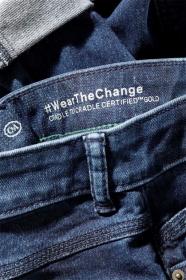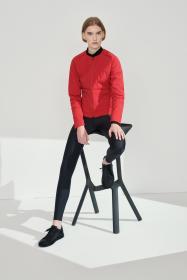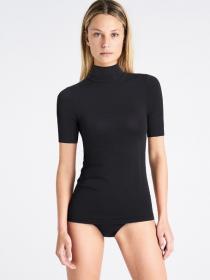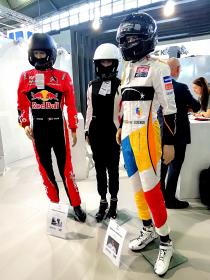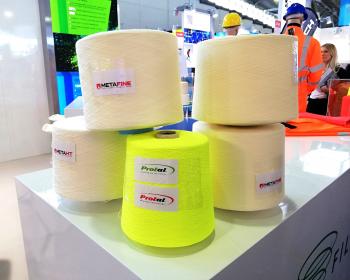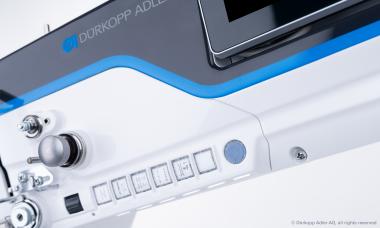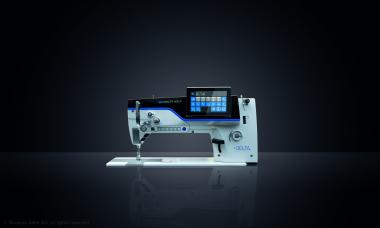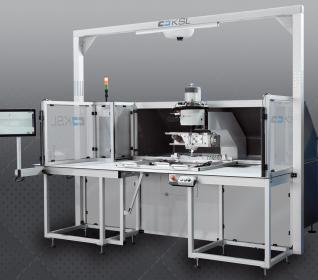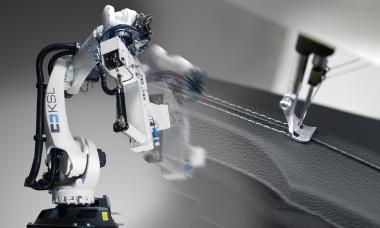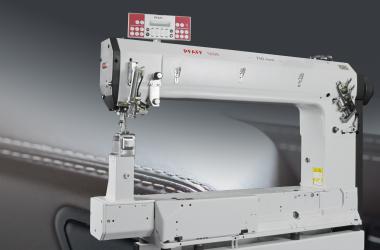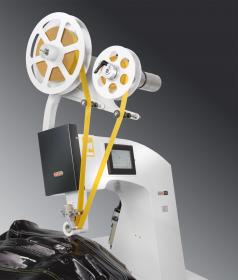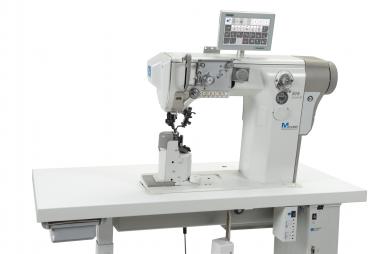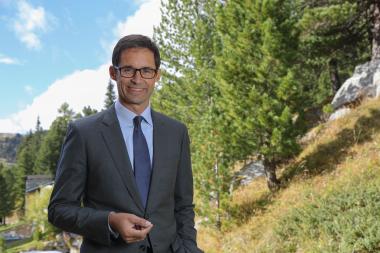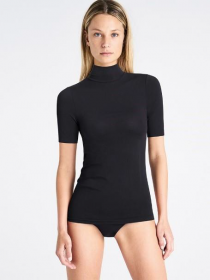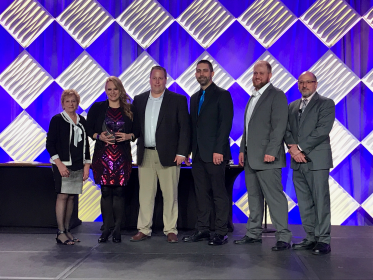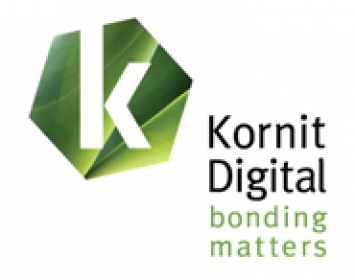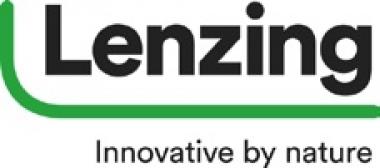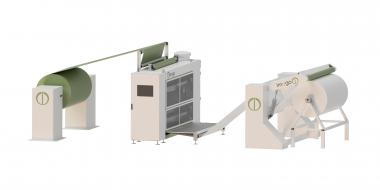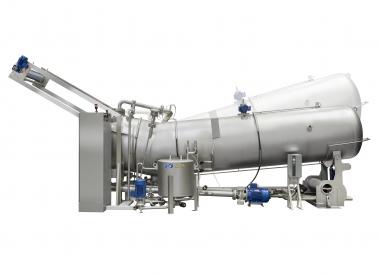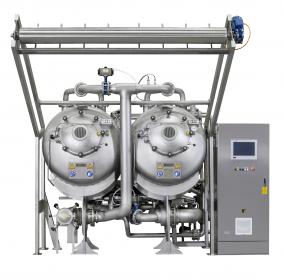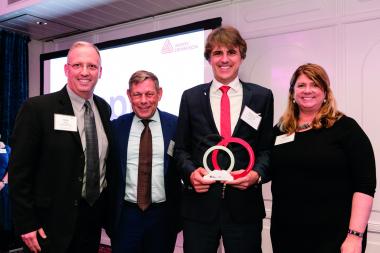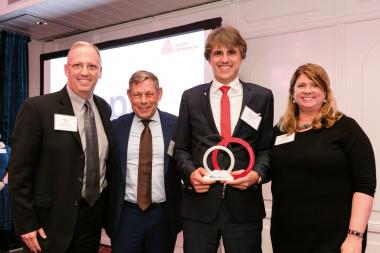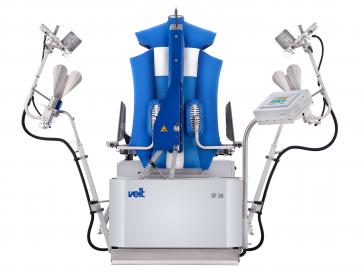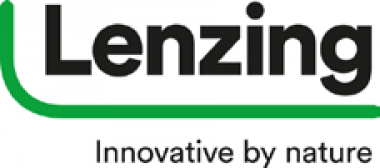ROICA: A première at Denim Premiere Vision
ROICA™ marks its first presence at Denim Première Vision in Milan focusing on its premium sustainable stretch offer and key partnership with Candiani.
The City of Milan, the cool atmosphere of Superstudio Più, and Denim Première Vision are the perfect show-window for ROICA ™ to introduce its key eco - high tech premium stretch stories and partnerships in the market able to offer real advanced denim experiences to visitors.Let’s start from the ROICA™ and Candiani partnership: shared vision, aligned mindset and DNA that reveal a common deep commitment to reach a new level of innovation that embodies responsibility with amazing look and touch! These were the premises that lead to the partnership between ROICA™ and Candiani which generated a very special ROICA™ yarn realized only for Candiani. A premium stretch yarn that is boasting a GRS (Global Recycled Standard) version 4 certification, thanks to its high percentage of recycled content and appropriated process of transformation. This ad hoc ROICA™ sustainable stretch solution perfectly fit the new amazing Candiani ReLast line, the range of market fresh responsible denim products whose objective is to introduce a 100% transformed innovative solution.


